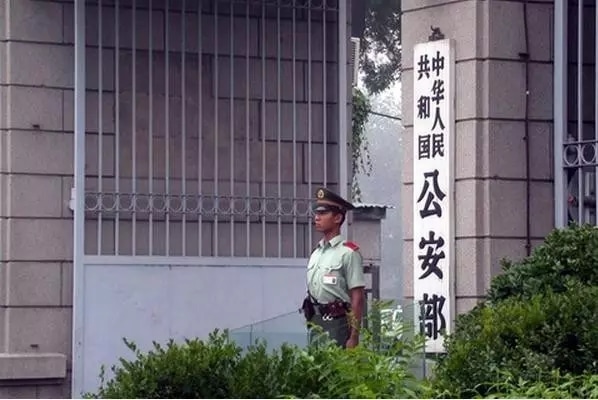A briefing was held by the Ministry of Public Security (MPS) and the Shanghai Municipal Public Security Bureau in Shanghai last Tuesday (November 8th), in order to inform various consulate generals of the preparatory work for the implementation of the PRC’s law on the Management of the Activities of Overseas NGOs within Mainland China. Some outstanding issues were addressed during the briefing, including whether there can be a “transitional period” or a “period of grace” after the law is implemented, if overseas NGOs can conduct activities in different regions and how to determine the competent agency when an overseas NGO works in different fields.

Regarding the question of whether there will be a “transitional period” or a “period of grace” for the new law, the director of the Ministry’s overseas management office said the following: “China is ruled by laws. No transitional period or grace period is permitted for any law in China. The legislature has already taken this into account. Therefore there is a period of eight months between April 28th 2016, when this law was issued, and January 1st 2017 when it comes into force. Overseas NGOs can regard these eight months as the preparatory period to understand the new legal framework. Meanwhile, the registration authorities will hand out the guidelines, the sphere of activities and the competent authority directory, in order to make registration more convenient.” The director also pointed out that after the law is implemented, the activities of overseas NGOs that have been registered will be protected by the law.
Concerning the issue of whether overseas NGOs can conduct activities across different regions, the director said that according to articles 10 and 13 of the new law, overseas NGOs can set up more than one representative office in China and they have to confirm their areas of activity when they register. Representative offices can carry out activities across regions as long as they are in accordance with their registration. Moreover, when an overseas NGO has more than one office, the areas of activity of each agency cannot overlap with one another.
Lastly he specified that when an overseas NGO works in several different fields, the Ministry plans to determine the competent authorities on the basis of its main field. For their projects in other fields, competent authorities can solicit opinions from other authorities. The relevant departments should actively cooperate with each other, in order to provide favourable conditions for international NGOs to conduct activities in China.



